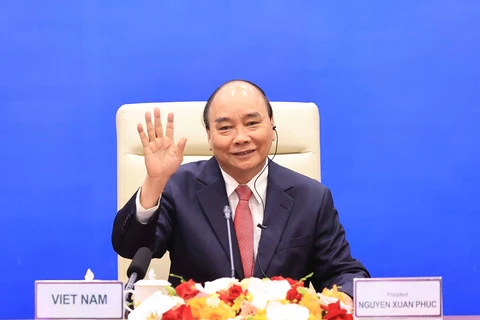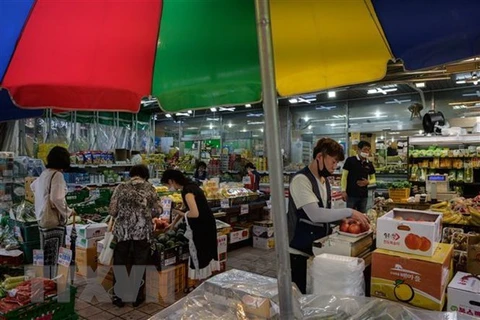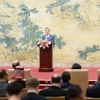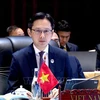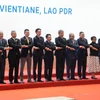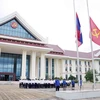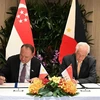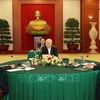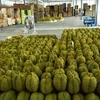Sydney (VNA) - Agriculture and food ministers from member economies of the Asia-Pacific Economic Cooperation (APEC) have committed to delivering a new roadmap to guide efforts to boost food security over the next ten years.
The commitment was made at the virtual Food Security Ministerial Meeting held on August 19 as part of New Zealand’s hosting of APEC 2021.
In a statement issued the same day, New Zealand Minister of Agriculture Damien O’Connor underlined that ensuring the world has a consistent supply of food is one of the biggest challenges facing APEC economies and the rest of the world, particularly as they recover from COVID-19.
The extent of this challenge is huge, but it is achievable, the minister added.
He called on the economies to work together to overcome the current enormous challenges.
“Overcoming food insecurity caused by COVID-19 is the immediate task,” the minister said.
He also stressed that stakeholders need to tackle issues that impact security such as climate change, water security, food loss and waste, limited resources, along with the need to reduce the environmental impacts from production.
“The roadmap is a guiding document to ensure APEC economies work towards a common purpose of building a resilient, efficient and more sustainable food production system, linking together the strands of production, processing, trade, and consumption,” O’Connor said.
The roadmap incorporates four key areas of focus, namely digitalisation and innovation, productivity, inclusivity and sustainability.
The New Zealand minister said the Ministerial Statement for Food Security is a sign of the commitment by the APEC economies to this critical area.
The World Bank estimates that nearly 2.37 billion people lacked access to adequate food in 2020, a rise of 320 million in just one year. The COVID-19 pandemic has led to major disruptions to supply within both production and distribution networks./.
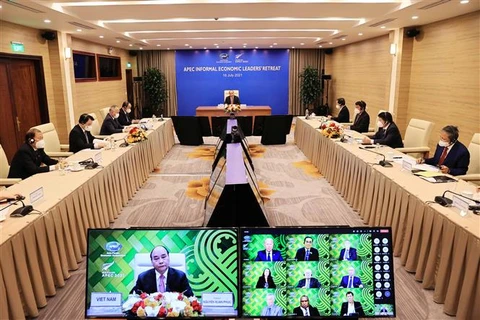
Vietnamese President attends APEC Informal Leaders Retreat on COVID-19
Vietnamese President Nguyen Xuan Phuc on July 16 attended and delivered a speech at a virtual informal meeting of Asia-Pacific Economic Cooperation (APEC) leaders at the invitation of APEC 2021 Chair - New Zealand Prime Minister Jacinda Ardern.

